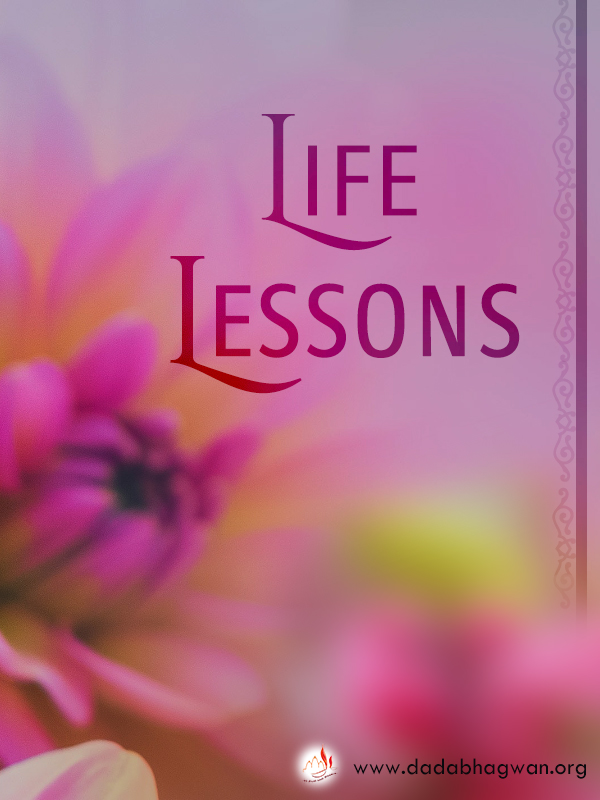Virtue refers to a steadily cultivated moral habit by responding to given situation in a manner such that it results in cherishing a particular important value of life. It is one’s moral excellence, marked by a well-developed and established character, evidently carrying the quality that is highly valued by one and everyone. Eg. truth, honesty, sincerity, courage, respect, forgiveness, kindness, empathy, simplicity and humbleness are some of the noteworthy virtues. Hence, virtue by and large ends up facilitating and enabling something good and worthy for one’s own self and for everyone.
Virtuous people do what is principally or morally right without succumbing to impulses, desires or urges. While many believe that good qualities are inherent, virtues are required to be fostered.
Everyone aspires for a bright future. But this comes from a good character formed out of strong virtues based on values and worthy habits cultivated in line with one’s goal in life. Although it is highly tempting to indulge in temporary and transitory pleasures, a virtuous person bears in mind his vision and goal, and accordingly chooses that which is right as per his goal. This consequently gives him a feeling of joy and satisfaction that would otherwise not have been possible if a wrong choice was made.
Virtues bring deeper gratification and its resulting joy is sought far more than the instant but temporary happy effects of bad choices. Thus, virtues are invaluable assets, investing in which, you lead a happy and righteous life personally, socially, spiritually, and professionally!
How Fostering Virtues Is Important To Lead a Happy and Righteous Life?
Here is how:
- Our virtue gives direction to our daily conduct based on the awareness of what is right and what is wrong (by the virtue of discretion) and helps us avoid succumbing to temptations and wrongdoings, which are the major causes of suffering in the long run.
- A virtuous person has a constant watch on his opinions, expectations, desires, and insistence that help avoid conflicts or hurting others in any way and thus this gives rise to selfless relations (by the virtues of empathy and love)
- The virtue itself provides the insight to take reasoned actions even in tough situations (by the virtue of prudence)
- A virtuous person is a naturally forgiving person (by the virtue of compassion and courage)
- Virtues have the power to curb pride and arrogance from its roots (by the virtue of humility)
- A virtuous person is so strong that he is able to easily overcome criticisms, accuses and feeling low in adverse situations (by the virtue of optimism or looking at positive aspects)
- Virtue helps abandon procrastination (by the virtues of sincerity and self-discipline)
- A virtuous person has generally quit deceit long way ago as he is on the path of purity (by the virtue of honesty)
- Virtue inevitably overtakes greed and narrow-mindedness (by the virtue of generosity)
In short, each virtue has the potential to protect us from everything that is a source of unhappiness in the short- or long-run.
There are many ways to acquire virtues. For example, you may frequently repeat the virtuous acts to form a pattern of virtuous behavior. The easiest way to build a virtue is by seeing and appreciating them in others. First and foremost, this gets rid of the vice called jealousy from within us. According to Param Pujya Dada Bhagwan, “If you praise the virtues of the person who is even two degrees higher than you, if you worship him, if you serve him; this is known as ‘aradhana’ (devotion). If you say bad things about him, defame him; it is known as ‘viradhana’ (criticism). ‘Viradhana’ results in your down fall and ‘aradhana’ results in your rise upwards.”
Thus, by being virtuous, we redirect the wheel of our life towards a better future and lasting happiness.











Read 0 comments and reply